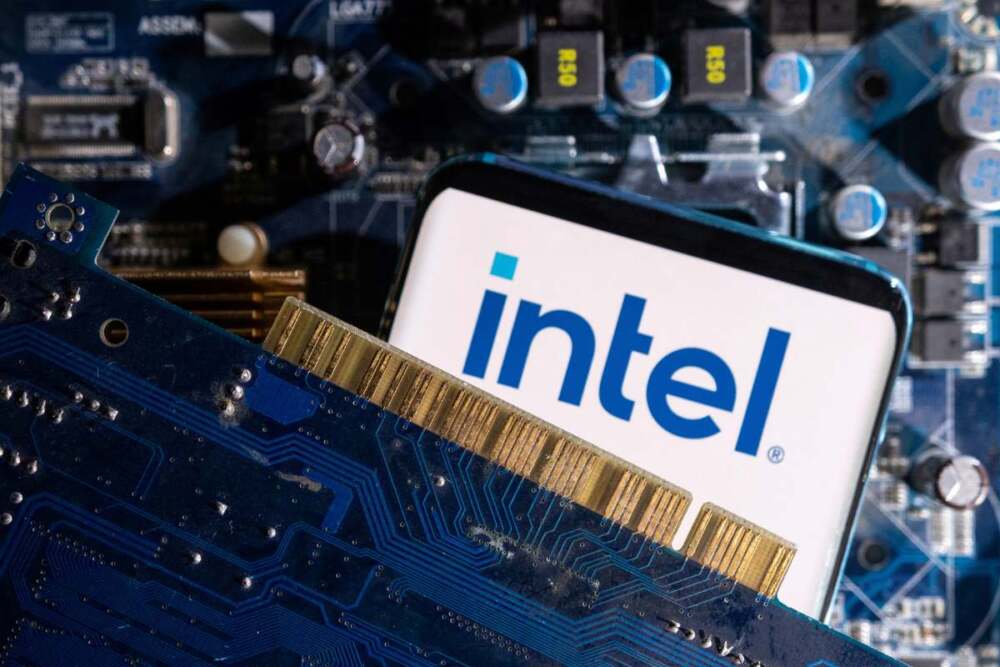In a notable shift toward government-industry collaboration, the Trump administration is reportedly engaging in discussions to purchase a stake in Intel, potentially offering a lifeline to the struggling chipmaker and advancing America’s semiconductor manufacturing ambitions.
From Criticism to Collaboration
Only days ago, President Trump publicly pressured Intel CEO Lip-Bu Tan to step down, citing concerns about Tan’s ties to China. Yet, following a recent high-profile meeting at the White House, characterized by remarkable candor and warmth, the tone has shifted. The U.S. government is now exploring a more active role in Intel’s future—a move that could reshape the dynamics of the chipmaking industry.
Factory Ambitions in Jeopardy
Intel’s grand vision of a massive chip production hub in Ohio—promised as one of the world’s largest—is facing delays and uncertainty. Additional capital from the government could accelerate construction and deployment, infusing the project with renewed momentum. However, details regarding the extent of any potential investment are yet to be finalized.
Stock Market Breathes Easier
Investors responded positively to the news, with U.S.-listed Intel shares rising over 7% in regular trading, plus further gains after hours. Meanwhile, in Frankfurt markets, the stock climbed an additional 3.6%, reflecting growing optimism over the government’s involvement.
A Broader Pattern of Intervention
This development follows a pattern of heightened federal engagement in key sectors:
- Tech companies such as Nvidia and AMD recently agreed to share 15% of their China-related revenue with the U.S. government in exchange for export licenses.
- Other strategic moves include a government stake in a rare-earth company and new oversight agreements in domestic industrial deals.
Analysts suggest that a state stake could provide Washington with deeper insight into Intel’s operations—especially regarding security-sensitive areas like China-related investments—offering regulatory influence beyond traditional forms of oversight.
What’s at Stake
Intel continues to grapple with fierce competition from rivals such as Nvidia, AMD, and Taiwan-based chip manufacturers. Its delay in launching the Ohio factory, coupled with ongoing product and execution challenges, undermines its ability to keep pace in the rapidly evolving semiconductor market.
For the U.S., securing a stronger foothold in chip production is central to national security and long-term economic resilience. A government stake in Intel could accelerate this goal—if structured carefully and aligned with market realities.
















Leave a Reply